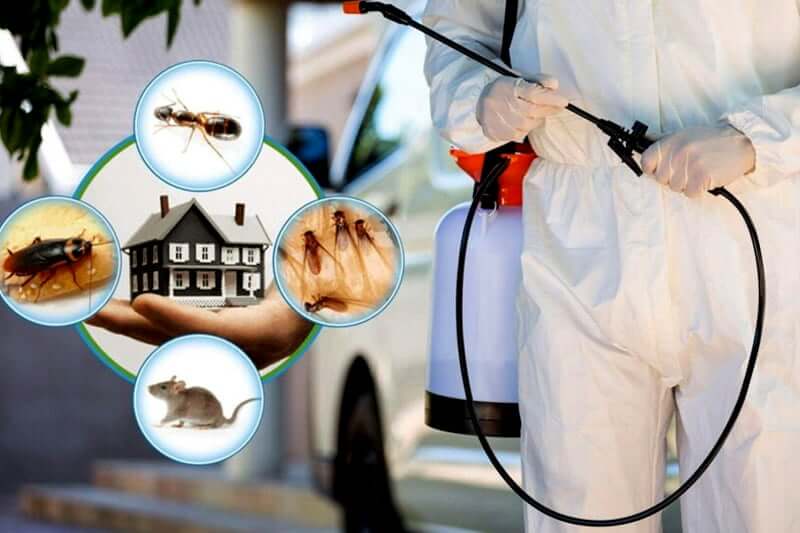Many people associate pests with mere annoyance or property damage. However, these invisible invaders pose a much more severe threat, as they can also be carriers of various diseases. In fact, effective pest control plays a vital role in preventing these diseases from spreading in our homes and communities. Let’s explore the importance of pest control in disease prevention.
1. Understanding The Disease Carriers
Various pests can transmit diseases to humans. For instance, rodents like rats and mice can spread Hantavirus, Salmonella, and Plague among others. Mosquitoes, infamous for their disease-spreading capabilities, can transmit Zika, Malaria, and Dengue. Even smaller pests like ticks and fleas are known carriers of Lyme disease and Bubonic Plague respectively. Interestingly, bed bugs, which often hide in the seams of mattresses and furniture, are not known to transmit diseases but their bites can cause allergies, itching, and sleeplessness.
2. The Role of Pest Control in Disease Prevention
Pest control measures are essential in preventing diseases transmitted by pests. By controlling the pest population, we reduce the risks of diseases these creatures carry. Pest control professionals have the necessary knowledge, skills, and tools to handle these pests efficiently and safely. They are able to identify signs of infestation, exterminate the pests, and also advise on preventing future infestations.
3. The Importance of Professional Pest Control
While there are many do-it-yourself pest control products available, dealing with a pest infestation often requires professional help. Professionals are equipped to handle the risks associated with pests and can provide a more thorough and long-term solution. They employ various methods and treatments, many of which are more effective and safer than traditional pesticides. Their expertise can save you time, money, and potentially, your health.

4. Prevention is Better Than Cure
Preventive pest control is an essential component of maintaining a healthy living environment. Regular inspections and treatments can prevent an infestation from taking root. Furthermore, professional pest control companies can provide advice on preventative measures, such as sealing potential entry points, maintaining cleanliness, and eliminating sources of food and water for pests.
5. Education: A Key Aspect of Pest Control
Education plays a vital role in disease prevention. By understanding the behaviors and habitats of different pests, we can take appropriate steps to make our homes less attractive to these unwanted guests. Professional pest control services often provide education as part of their service, informing customers about the habits of pests, signs of infestation, and steps to prevent future problems.
6. The Connection Between Pest Control and Public Health
It’s important to understand that pest control is not just about maintaining a comfortable home – it’s a public health issue. Uncontrolled pests can quickly spread diseases within a community. Effective pest control can thus protect not only individual households but also the wider community.
In conclusion, pest control plays a significant role in disease prevention. These invisible invaders, from rodents to insects, can carry a multitude of diseases that can severely impact our health. By employing professional pest control services, adopting preventative measures, and educating ourselves about these pests, we can help create a healthier living environment for everyone. Whether it’s understanding that bed bugs often hide in the seams of our furniture or knowing how to prevent a rodent infestation, every bit of knowledge adds up. So remember, when it comes to pests, it’s always better to be proactive than reactive.






